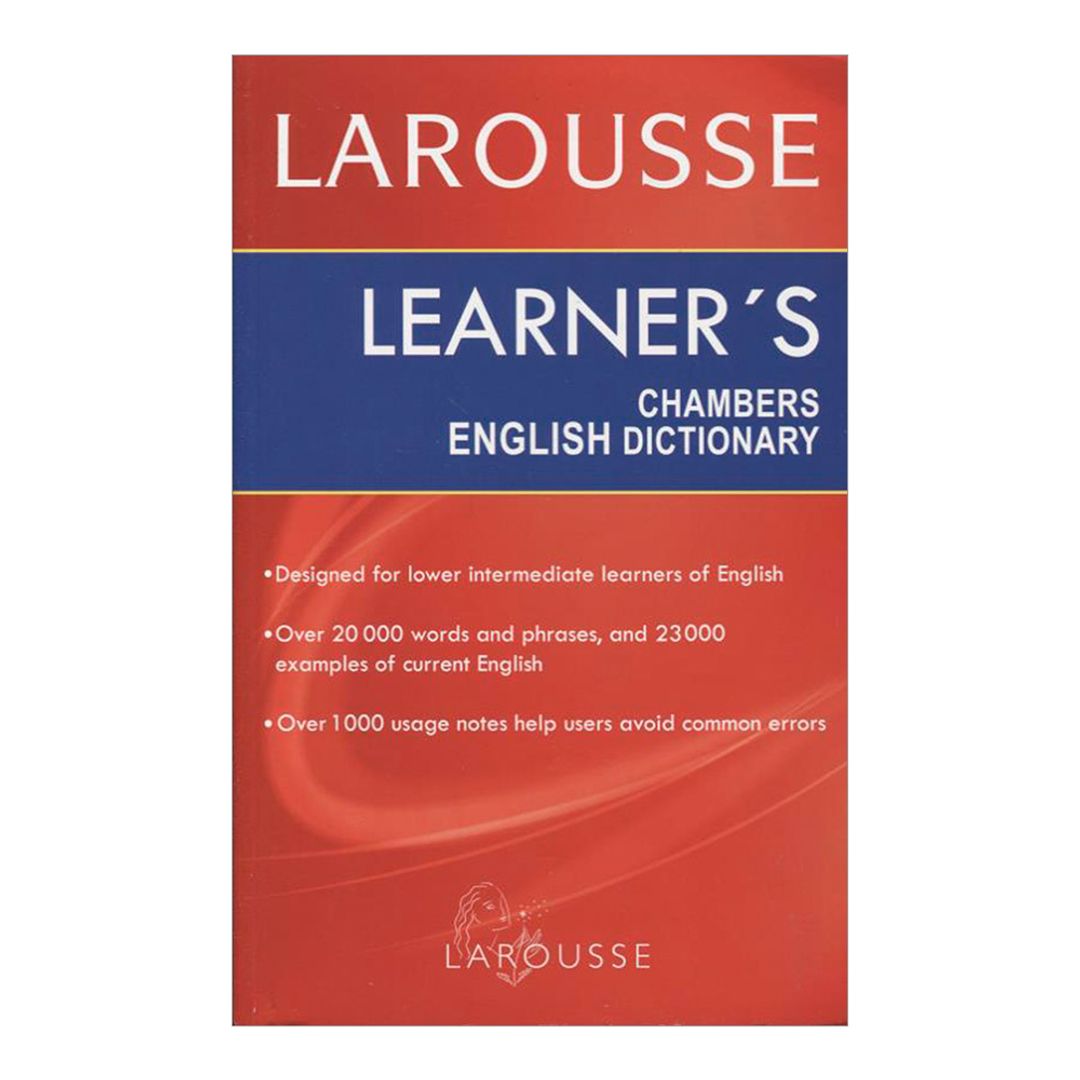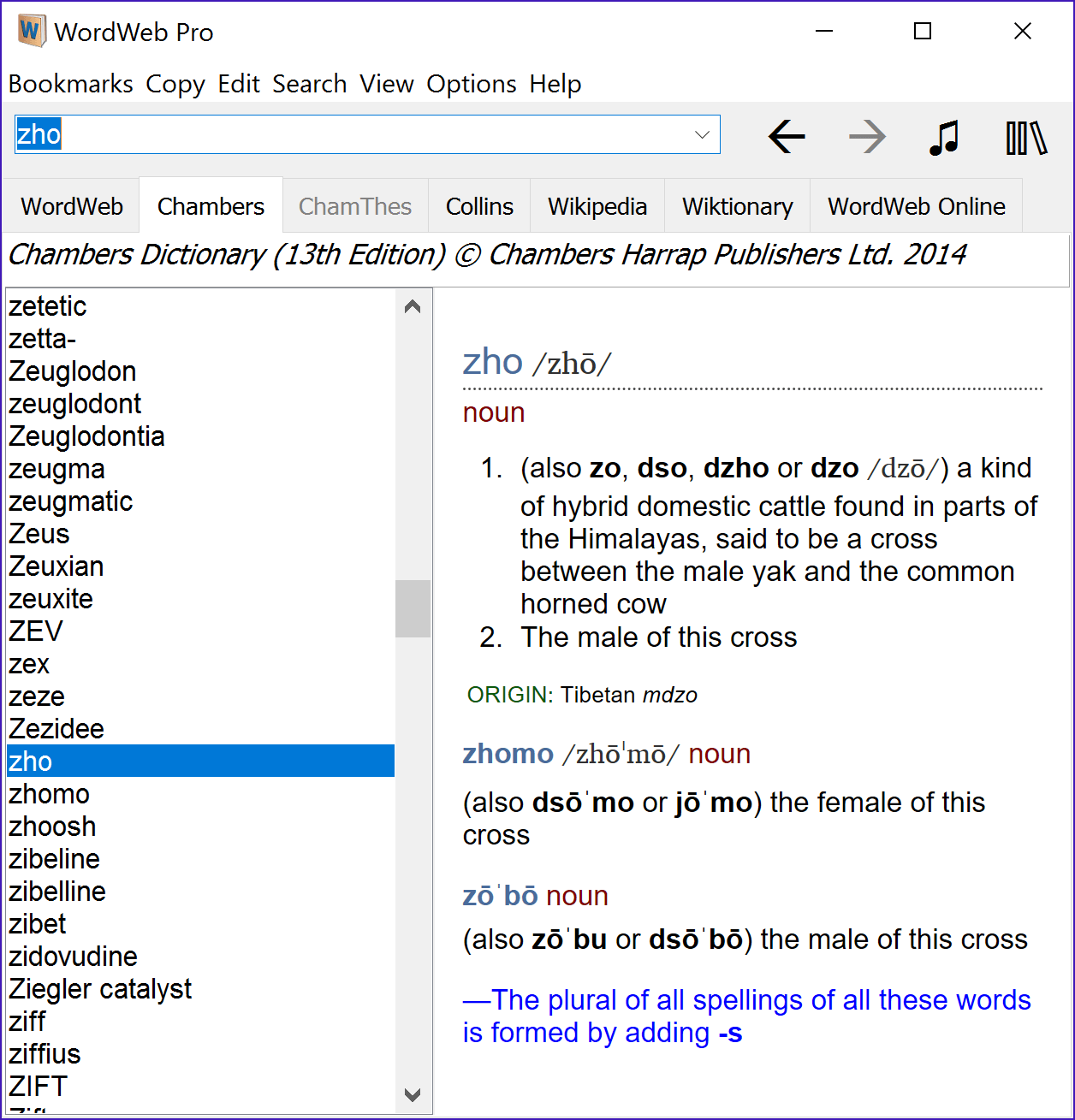

The upper age limit depends on the particular context and the relevant Act.

The document used to file a charge against a person in court.Ī person under a certain age. The term can also mean when a judge is dealing with procedural issues in a case not in open court (such matters are said to be dealt with 'in chambers').Ī formal statement (usually by a Police officer) that a person is accused of having committed an offence.
Chambers dictionary define oe trial#
Usually there will be a jury trial, but a judge-alone trial can be ordered in some cases.Ī copy of a document that had been signed and certified as a true and correct copy by someone who has the legal authority to do so.Ī judge's office. The defendant has the option of either being tried by a judge alone or having a jury trial.Ĭategory 4: These are the most serious offences, including murder, manslaughter, torture and terrorism offences.

The trial will be before a judge sitting without a jury.Ĭategory 3: Offences with a maximum penalty of a prison term of two years or more (but excluding Category 4 offences). Usually dealt with by a Justice of the Peace or Community Magistrate rather than a judge.Ĭategory 2: Offences with a maximum penalty of less than two years in prison. There are 4 categories of offence for proceedings under the Criminal Procedure Act:Ĭategory 1: Offences for which the defendant can only be fined. The terms are also used for the systems and guidelines the courts put in place for achieving this. The action taken by court staff to progress a civil or family case to a conclusion. The area of law developed the court while hearing and determining cases. The responsibility to prove a disputed allegation or charge.Ī meeting held by a judge to discuss procedural and administrative matters and determine the readiness of the case for hearing. The New Zealand Bill of Rights Act 1990 was enacted to affirm, protect and promote human rights and fundamental freedoms in New Zealand. The standard of proof that applies in a criminal case. Where a person, who has been refused bail by the court or who is not satisfied with the bail conditions imposed, appeals to a senior court.Īn application by a person in custody for the court to grant bail.Īn officer of the District Court who manages and enforces fines and serves some court documents.Ī lawyer who presents cases in senior courts. The release of a person from custody on the condition that they show up in court when next required and also comply with any other conditions (such as that the person lives at a particular address). The practising members of the legal profession. Also the name of the document that contains the request. Literally the term means a 'friend of the court'.Īn application to a senior court to change a decision of a lower court or tribunal.Ī person who applies to a court for an order, direction or decision. An affirmation has the same legal effect as an oath.Ī process where an impartial third party (known as a mediator) assists the parties to resolve a dispute by compromise and final settlement (rather than resolving the dispute through a court hearing).Ī person (usually a barrister) appearing in court who doesn't represent any of the parties to the case, and assists the court by pointing out matters of law (or fact) that have been overlooked, or presents opposing arguments so that both sides of a case can be heard. See Alternative Dispute Resolution.Ī written statement made under oath (including by affirmation) before an authorised person.Ī declaration that a person asserts to be true and correct (but without any reference to God). To decide officially in court that a person is not guiltyĪn abbreviation for Alternative Dispute Resolution. A B C D E F G H I J K L M N O P Q R S T U V W X Y Z A


 0 kommentar(er)
0 kommentar(er)
